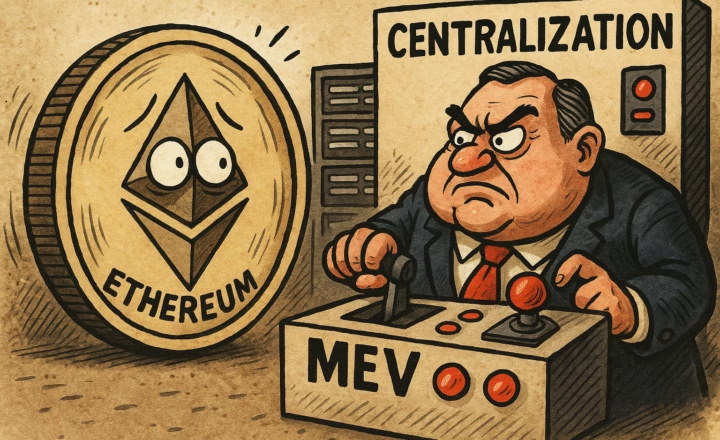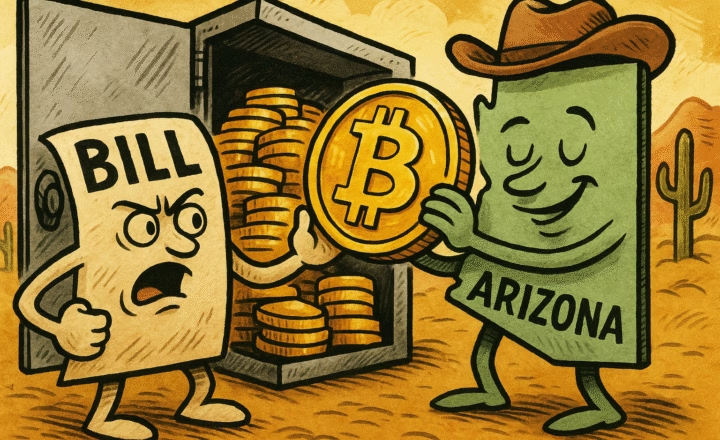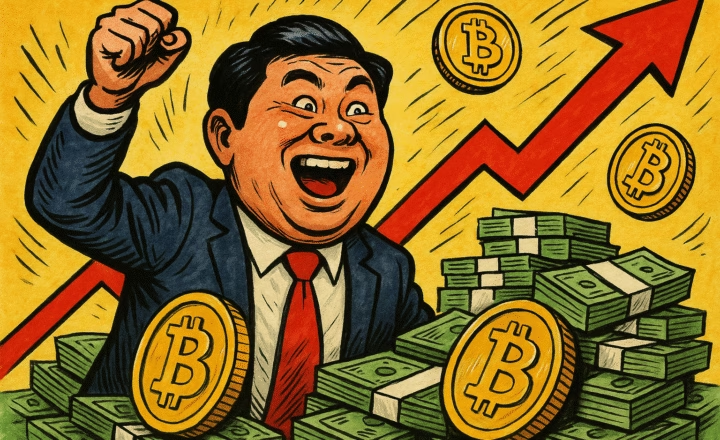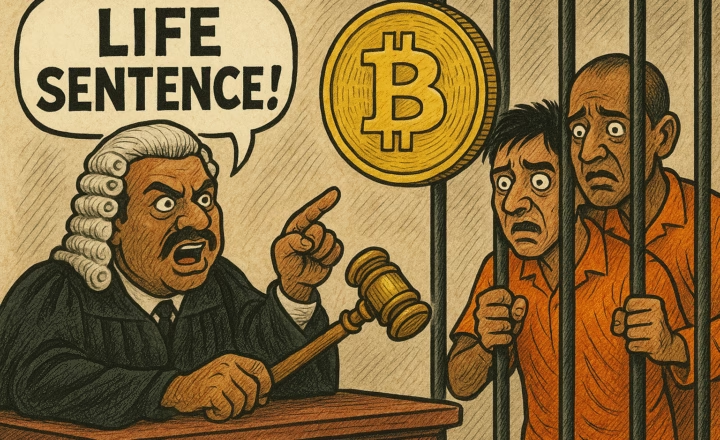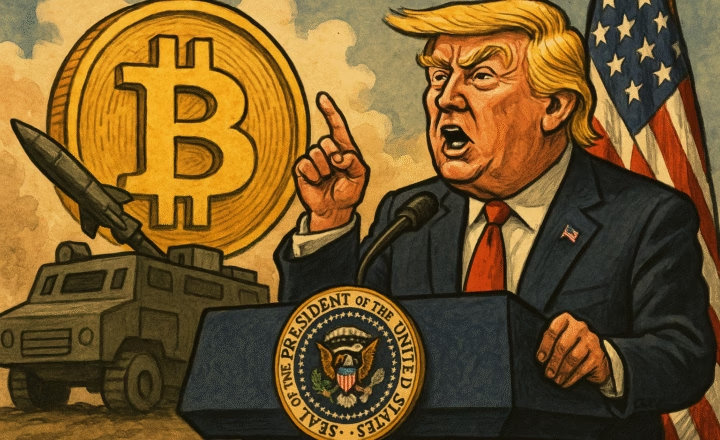The meme cryptocurrency ‘$LIBRA,’ endorsed by Argentine President Javier Milei on social media, has collapsed after a rapid surge, leading to a fraud investigation. This incident has sparked widespread concern in both political and financial circles, prompting authorities to take action.
Rapid Surge Following President’s Endorsement
On February 14, President Milei promoted the Solana-based token ‘$LIBRA’ on X (formerly Twitter), describing it as a means to support Argentine startups and small businesses. The endorsement led to a massive influx of investors, causing the price of ‘$LIBRA’ to skyrocket to over $4.50 within hours. The token’s market capitalization reached an estimated $4.5 billion.
Sudden Crash and ‘Rug Pull’ Allegations
However, just hours after its peak, ‘$LIBRA’ plunged by more than 95%, dropping below $0.50. Reports indicate that over 40,000 investors suffered losses totaling more than $4 billion. Blockchain analysis revealed that multiple affiliated wallets sold approximately $87.4 million worth of tokens at the peak, fueling allegations of a “rug pull,” where developers hype a token before dumping their holdings.
Investigation and Legal Actions
In response to the allegations, Argentine authorities launched a fraud investigation on February 17, with federal courts examining Milei’s involvement. Over 100 complaints have been filed, with lawsuits extending to the United States. Civil organizations have formally accused Milei of orchestrating a fraudulent scheme, citing damages exceeding $4 billion. The opposition has condemned the incident as an unprecedented scandal, calling for Milei’s impeachment. Some reports suggest that developers may have financially incentivized Milei’s sister to promote the project.
Market Impact and Regulatory Discussions
The ‘$LIBRA’ scandal has shaken Argentine markets, with the Merval stock index temporarily dropping by 5.6% due to political uncertainty. While the markets partially recovered upon reassurances that Milei’s impeachment was unlikely, the crypto sector remains on edge. Experts warn that pump-and-dump schemes like this highlight the urgent need for regulatory oversight. Political figures worldwide have faced scrutiny over cryptocurrency endorsements, as seen in previous U.S. cases where regulators raised concerns about conflicts of interest. Argentina may now face mounting pressure to impose stricter oversight on crypto projects and investor protections.
Reactions from Key Figures
Milei has defended himself, stating that he merely introduced a promising project and was unaware of its full details. He emphasized that he deleted the post once he realized the nature of the token. Government officials argue that Milei himself was deceived and is a victim rather than a perpetrator. Meanwhile, KIP Protocol, the company behind ‘$LIBRA,’ denied involvement in the token’s issuance or price manipulation, attributing those responsibilities to an external entity led by Hayden Davis. The project developers insist that all funds remain in liquidity pools and that development is ongoing. Davis, for his part, denied any fraudulent intent and criticized Milei’s sudden withdrawal of support.
As the scandal unfolds, its impact on Milei’s presidency and Argentina’s regulatory stance on cryptocurrencies will be closely monitored both domestically and internationally.


